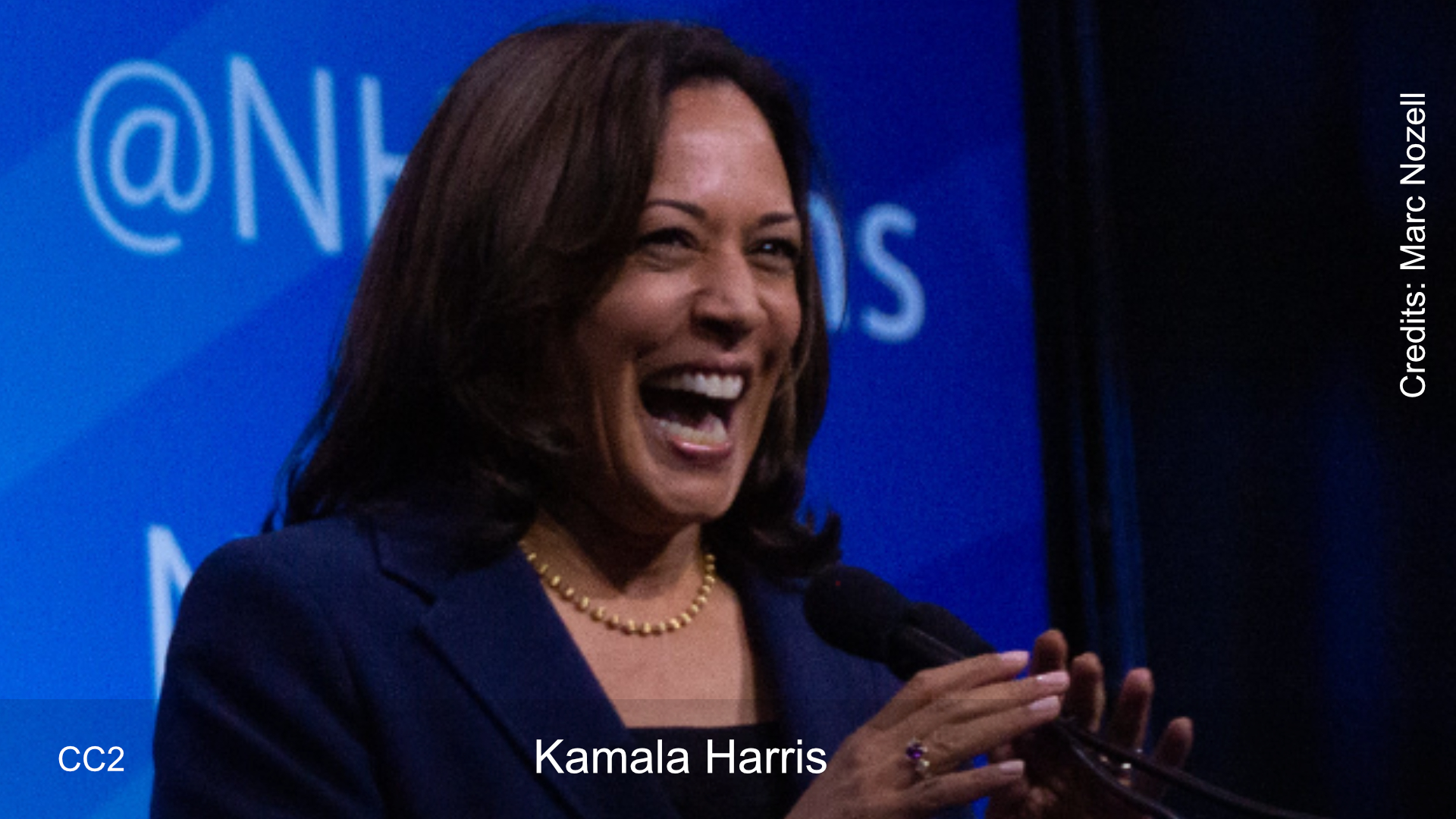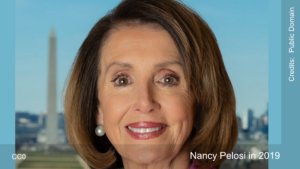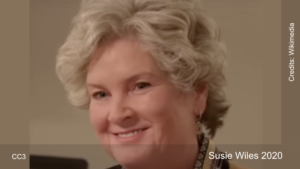Vice President Kamala Harris recently outlined her economic platform in a speech at Carnegie Mellon University, focusing on small business support, tax cuts, and affordable housing. These policy positions represent a shift from her stances during the 2020 Democratic primary, prompting discussions about her evolving political views.
- Vice President Kamala Harris has shifted her policy focus, emphasizing small business growth, tax cuts, and affordable housing in her recent Carnegie Mellon speech.
- Her current platform is more centrist compared to her 2020 Democratic primary positions, reflecting a strategic pivot to appeal to a broader voter base.
- Harris’ advisers describe her as pragmatic, adjusting her positions on issues like fracking, immigration, and gun control in response to the evolving political landscape.
- Critics argue that these changes reflect political expediency, while supporters see them as necessary adaptations for broader appeal.
- Harris emphasizes that her values, such as supporting affordable healthcare and the middle class, remain consistent despite shifts in policy approaches.
According to a report from TIME, Harris’ advisers describe her as pragmatic, rather than ideologically rigid. While she previously aligned with more progressive policies, including support for the Green New Deal and a public healthcare option, Harris has since adopted more moderate proposals. This pivot suggests an effort to appeal to a broader electorate as she prepares for the upcoming presidential race.
Harris has also adjusted her stance on issues such as fracking, immigration, and gun control, which has led to mixed reactions. Critics view these changes as politically motivated, while her supporters argue that they reflect necessary adjustments to the current political climate. Harris herself asserts that while her approaches may shift, her core principles—such as affordable healthcare and middle-class support—remain unchanged.
Her strategy appears to focus on broader visions rather than detailed policy blueprints, a calculated decision in a political environment where specific proposals can be both a strength and a vulnerability. This approach contrasts with previous candidates like Elizabeth Warren, whose policy-heavy campaign faced challenges in the 2020 election.







Be First to Comment